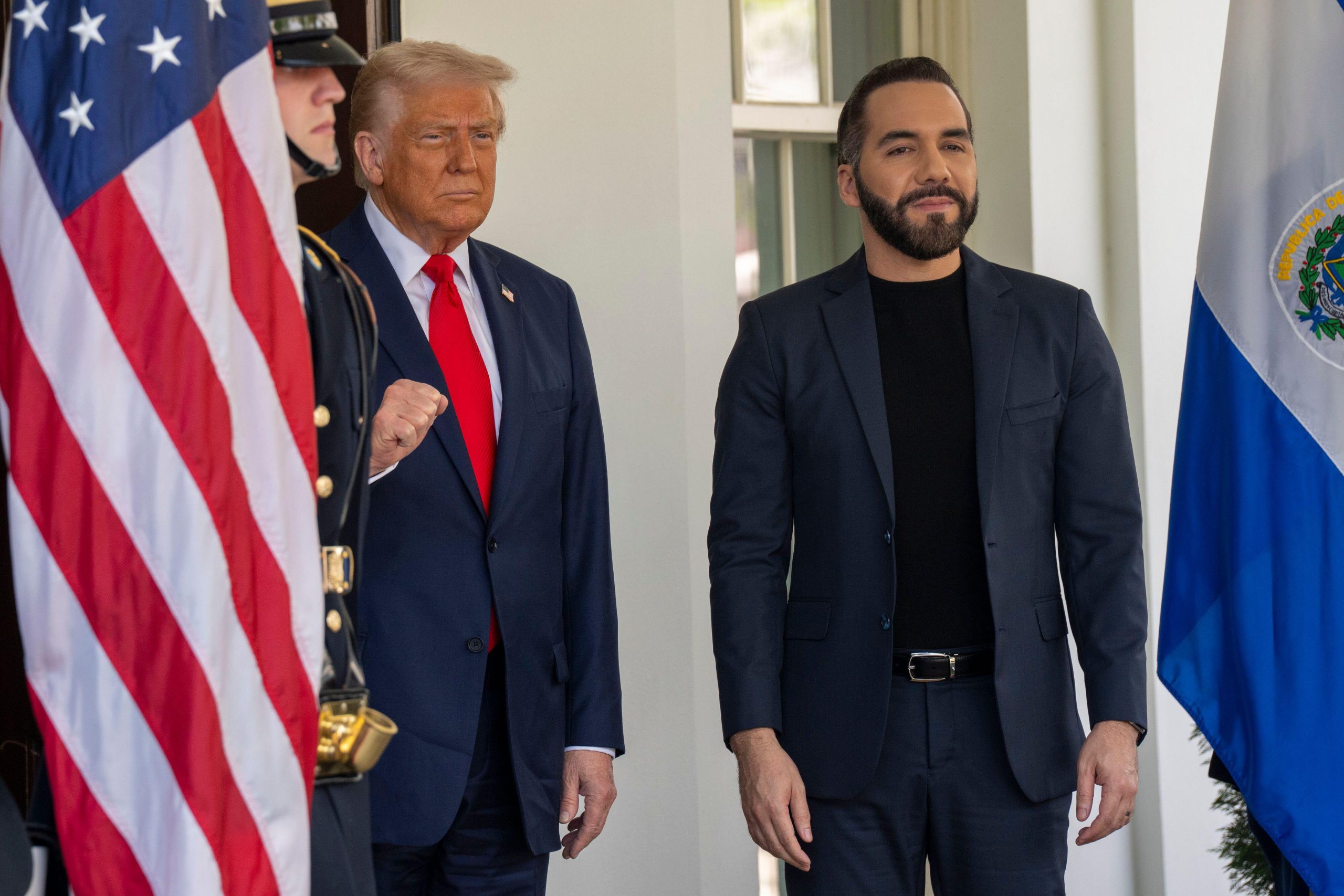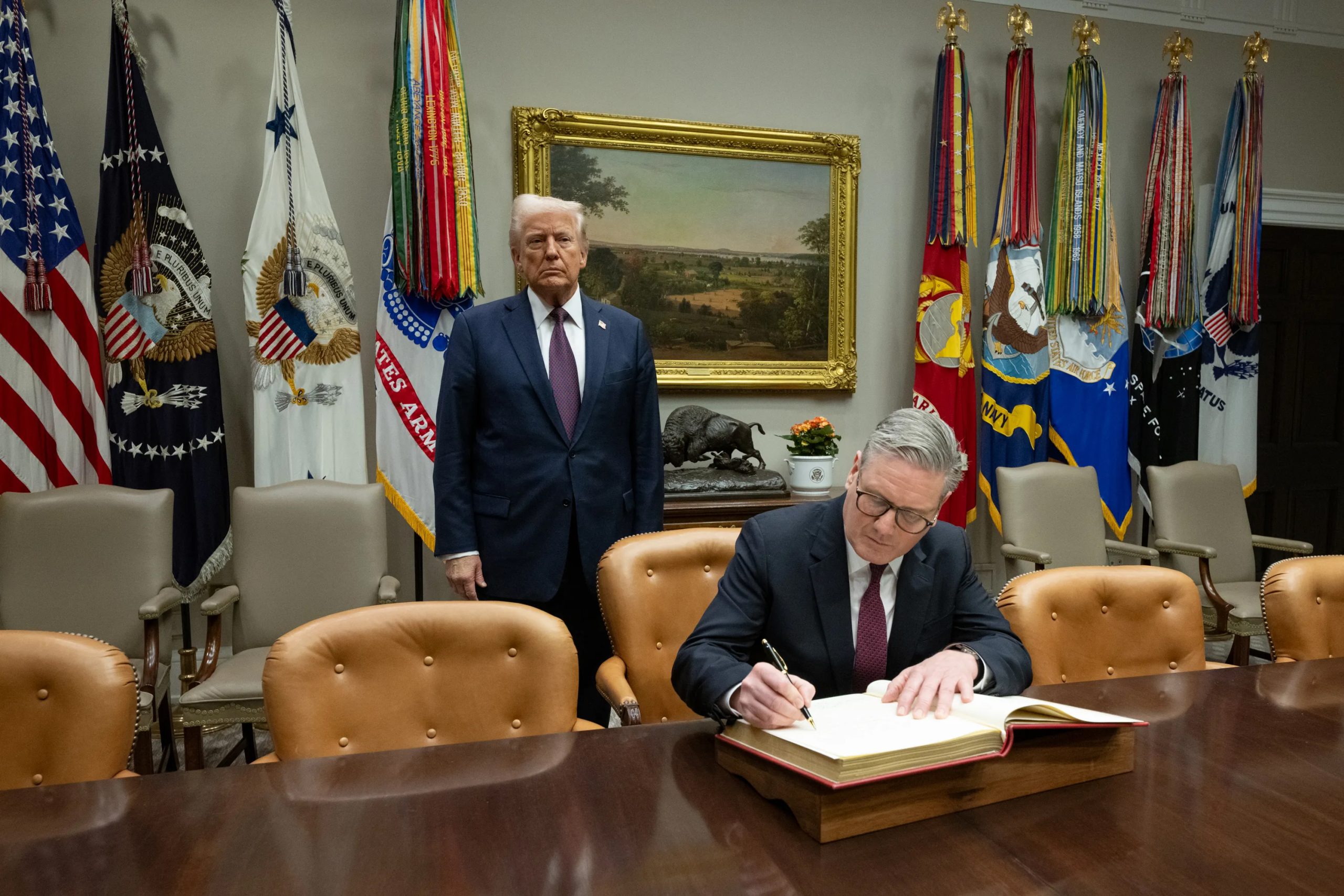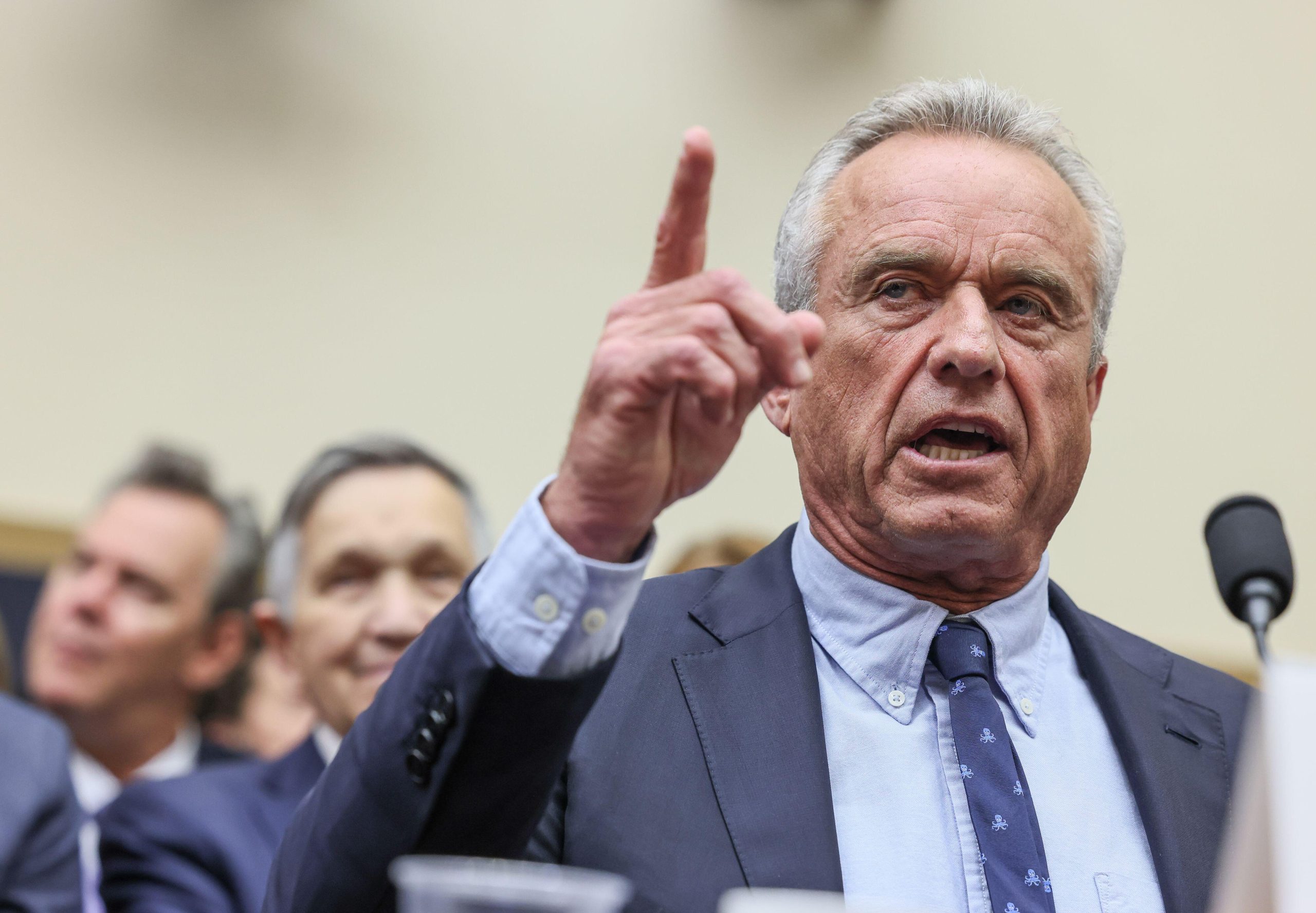The UK government’s dropping of blocking plans are to be welcomed, says Peter Bradwell. But there are questions over what happens next with online copyright
This week the government announced that they are dropping sections 17 and 18 of the Digital Economy Act. These gave the Secretary of State the power to allow courts to issue injunctions to “block” access to sites involved in copyright infringement. These were broad powers, covering any “location on the internet which the court is satisfied has been, is being or is likely to be used for or in connection with an activity that infringes copyright”.
This move follows a report from Ofcom, also published yesterday, into the feasibility of those website blocking powers. They deemed the powers unworkable for reasons including the ease of circumvention, the breadth of the powers and the difficulty of reconciling the needs of rights-holders for speedy, broad powers with the “due process” interests of site owners and the broader public.
This is undoubtedly good news. The provisions set up somewhat vague and broad powers, as a rule website blocking is a very problematic intervention (you can read the briefing Open Rights Groups sent to Ed Vaizey setting out our concerns here).
But we are left in an uncertain situation regarding whether website blocking will remain a feature of the government’s copyright policy. There are other blocking powers. And there is a danger of a website blocking scheme operating through a more “efficient” process that minimises proper oversight.
Last week the High Court granted to the first injunction, under section 97A of the Copyright, Designs and Patents Act, forcing BT to try to block access to a website called Newzbin.
This court ruling, alongside yesterday’s decision on the Digital Economy Act, has already led to calls for a more efficient “voluntary” blocking scheme. There is a risk that the Newzbin case is cited as a broad precedent permitting read across to other cases. With rights-holders concerned that going through protracted court cases is a restrictive burden, this may add up to a renewed focus on the previously discussed “voluntary” scheme.
It does not seem reasonable to take short-cuts with due process simply because proper oversight seems cumbersome. Internet Service Providers play a critical role in providing a platform for great economic and social innovation, and through which people express themselves culturally and politically.
The limits, defined in law, on the extent to which ISPs can be held liable indirectly for what happens on their networks are extremely important. So are the policies ISPs themselves adopt regarding what content and information to prioritise or restrict. An impact on freedom of expression and innovation is inevitable when those boundaries are redrawn. Any mandate to take decisions about what we are allowed to see and do needs to be very carefully managed.
With “efficient” blocking schemes there is a risk that a rigorous and clear legal framework is bypassed. The Organisation for Security and Cooperation in Europe (OSCE) and the UN Special Rapporteur Frank La Rue share similar concerns.
This is not to deny the rights of copyright holders to enforce their rights. They should do so within a proportionate and effective framework.
It is good news that the government has dropped the blocking provisions from the Digital Economy Act. But the question is what happens next. Hopefully the government will decide that the need for proper due process and oversight makes further rights-holders’ demands for a speedy scheme unworkable.
It is worth noting some unambiguously good news. The government yesterday also announced it’s response to the Hargreaves Review of intellectual property, and published the Intellectual Property Office’s new IP crime strategy. Both signal a welcome shift towards putting evidence at the heart of policy. This is quite a breath of fresh air for copyright policy. It should help take website blocking off the copyright enforcement menu. For now, it is one blocking mandate dropped and two still in play.
Peter Bradwell is a campaigner with Open Rights Group and the author of Private Lives, a new pamphlet about attitudes to privacy





